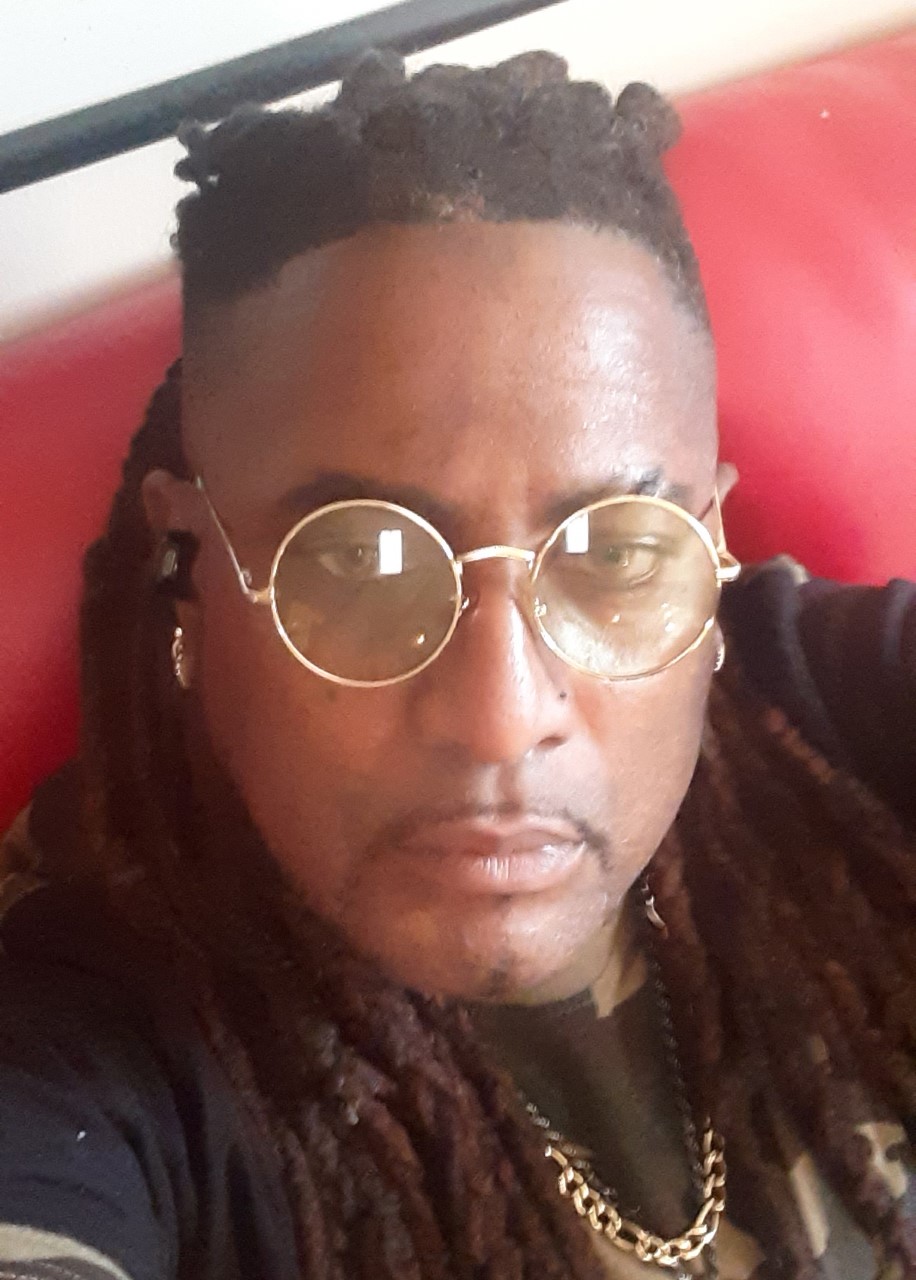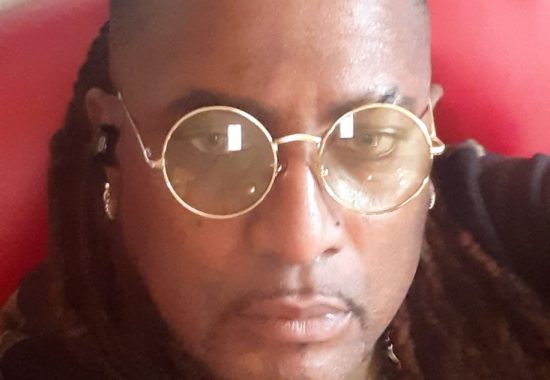
A few months ago, we chatted with one of MRRI’s cherished research participants, Tyrone Ogburn. In the ten plus years since having a stroke, Tyrone has participated in several research studies, making him an ideal candidate not only to talk about how stroke affects one’s life but what it’s like to participate in research on the behavioral and neurological effects of stroke.
Almost thirteen years ago in March of 2008, Tyrone was living in Atlanta, Georgia. A few days after visiting his friends and family in Philadelphia for his birthday, he woke up not feeling well. When his mom came to wake him in his room, she could tell from their conversation that something was wrong. Thankfully, she convinced him to call an ambulance. Like many stroke survivors, the rest is hard for Tyrone to remember. At only 45 years old, Tyrone was in good health and working in the medical field as a Certified Nursing Assistant.
Moss Rehabilitation Research Institute Helped with Speech Problems
After his stroke, Tyrone was diagnosed with aphasia, a language disorder that affects a person’s ability to produce and/or understand speech. Tyrone spent months in therapy at MossRehab after his stroke to overcome this speech problems. That’s how he discovered the MossRehab Aphasia Center and Moss Rehabilitation Research Institute (MRRI) – and soon became a research participant in an aphasia study
Naming problems or having difficulty fluently producing words for common objects, familiar people’s names, and known places is almost always present in aphasia. That was the case for Tyrone. A recent language study in which Tyrone participated with MRRI involved practice-targeting his naming problems. The study, conducted by the Language and Learning Lab and directed by MRRI Institute Scientist Dr. Erica Middleton, identifies what kinds of naming practice promote the strongest, longest-lasting improvements in naming ability across a large group of people with aphasia. By studying individuals like Tyrone in a large group of people, the study will improve MossRehab’s understanding about which kind of person with aphasia benefits most from which kind of naming treatment.
Research Helps Tyrone Help Other Stroke Victims
When asked why he decided to participate in research after his stroke, Tyrone said, “I want somebody else to know that if I can do it, someone else can too.” Tyrone talks about how much research helped him express his feelings when he was still unable to communicate effectively after his stroke. He further explained how the patience and understanding of everyone in his first study encouraged him to continue volunteering for new research opportunities.
Tyrone said, “I wanted to do it again because it’s a really good purpose for the speech problems”.
While Tyrone’s interests in research are mostly language-related because of his aphasia diagnosis, he has participated in many other MRIII research studies. Last year Tyrone was a participant in an ongoing study in the Neuroplasticity and Motor Behavior Lab directed by MRRI Institute Scientist Dr. Shailesh Kantak. This study is examining how stroke can affect upper limb coordination. He also completed a study in the Cognitive Motor Learning Lab directed by MRRI Institute Scientist Dr. Aaron Wong thataims to determine how people use visual information versus sensations to guide movements.
Tyrone Encourages Family Members to Participate in Research
Tyrone has valued his research participation so much that when his aunt suffered a stroke last year, he encouraged her enrollment in our Research Registry. When Tyrone isn’t volunteering his time to participate in research, he enjoys a variety of fulfilling activities. He loves taking his dog, Sadie, to nearby parks and walking around their neighborhood in South Philadelphia. In addition, he likes to explore local flea markets and shops as well as having cookouts with his friends and family. Research participants like Tyrone are critical for our mission at MRRI to improve the lives of individuals with neurological disabilities through research. We value the time and commitment of all of the volunteers who contribute to MRRI research and appreciate the opportunities to share our research with these individuals and their families.


One comment on “MRRI Participant Spotlight: Tyrone Ogburn”